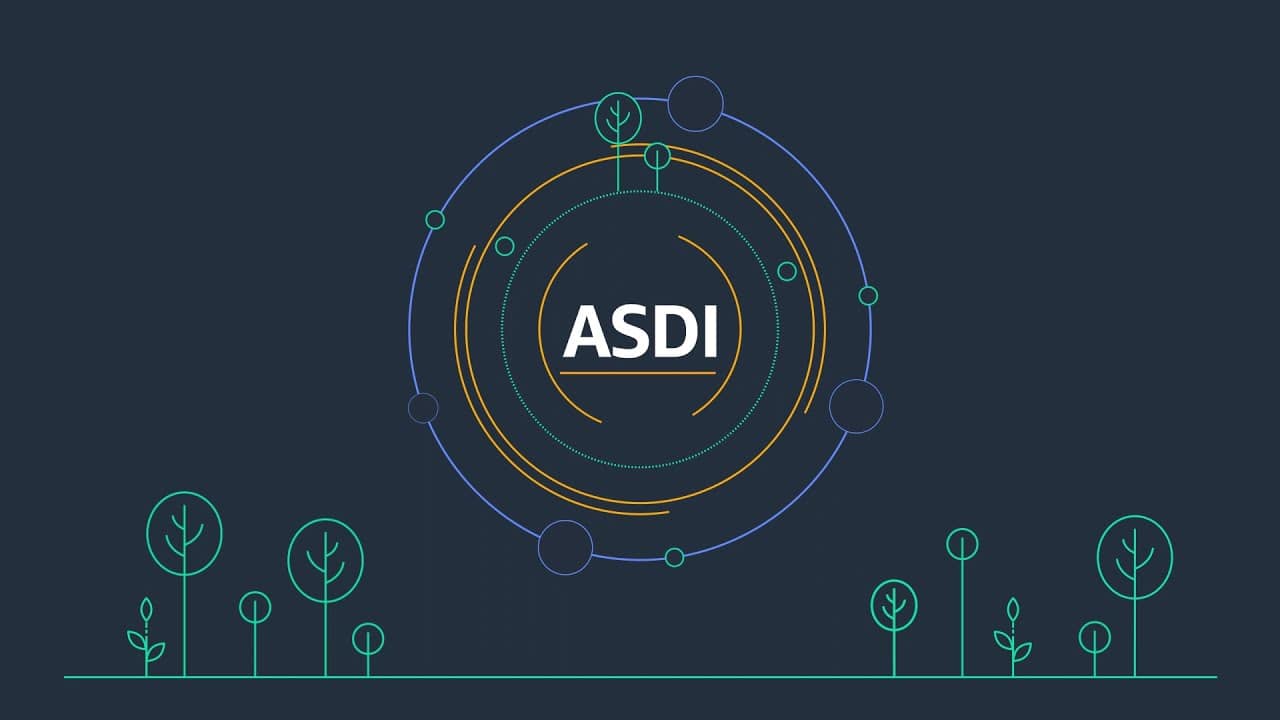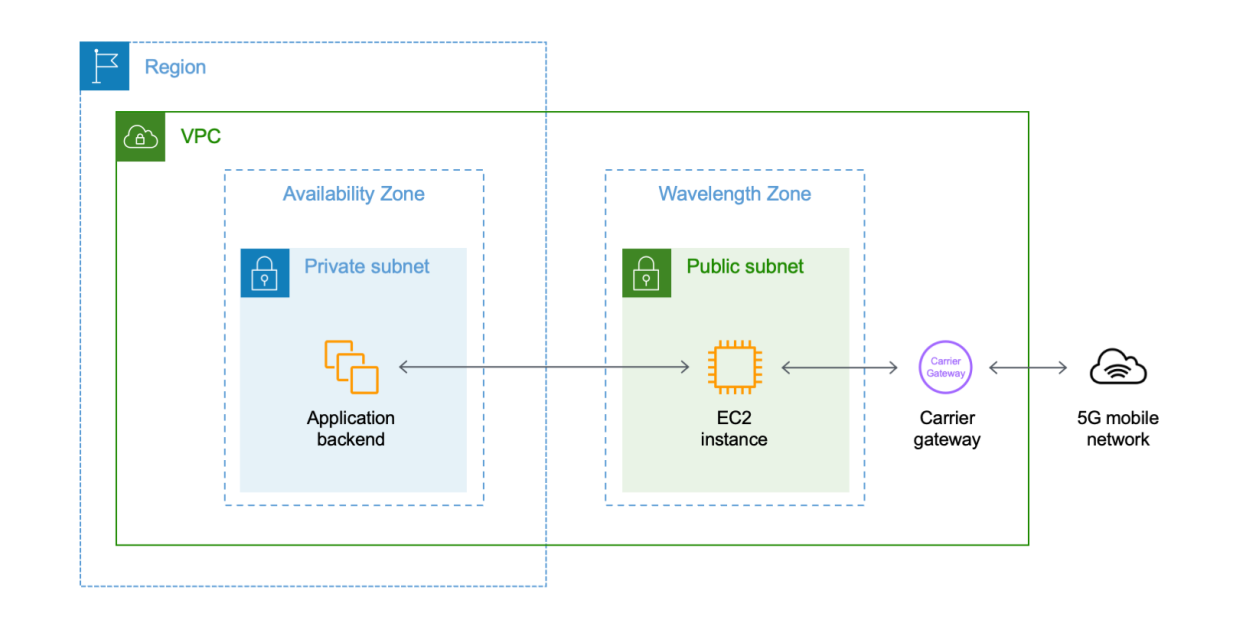22 Apr

Introduction
The Amazon Sustainability Data Initiative (ASDI) is a program launched by Amazon in 2019 to accelerate sustainability research and innovation. The initiative provides researchers and scientists with access to Amazon Web Services (AWS) cloud computing resources and a large and diverse collection of sustainability-related data sets.
ASDI aims to support research and development efforts that address some of the world’s most pressing sustainability challenges, such as climate change, biodiversity loss, and resource depletion. The initiative seeks to reduce the time, cost, and technical barriers associated with sustainability research by providing access to AWS cloud computing resources and a vast array of data sets.
Some data sets made available through ASDI include satellite imagery, weather data, environmental monitoring data, and socioeconomic data. These data sets can study various sustainability topics, such as land use, energy consumption, and carbon emissions.
ASDI also includes a program called the Sustainability Data Lab, which provides training and support for researchers and scientists to help them use the available data sets and tools effectively.
ASDI Goals
The Amazon Sustainability Data Initiative (ASDI) has several goals focused on accelerating sustainability research and innovation. Some of these goals include:
- Providing access to data sets: ASDI aims to provide researchers and scientists with access to a vast and diverse collection of sustainability-related data sets. These data sets can be used to study a wide range of sustainability topics and generate insights and solutions to some of the world’s most urgent sustainability challenges.
- Reducing barriers to research: By providing access to Amazon Web Services (AWS) cloud computing resources and a large collection of data sets, ASDI aims to reduce the time, cost, and technical barriers associated with sustainability research. This can enable researchers and scientists to conduct more complex and sophisticated analyses and to generate insights more quickly.
- Supporting innovation: ASDI aims to support innovation in sustainability research by providing researchers and scientists with access to cutting-edge tools and technologies. This can help to facilitate the development of new and innovative solutions to sustainability challenges.
- Fostering collaboration: ASDI aims to foster collaboration among researchers, scientists, and other stakeholders working on sustainability issues. By bringing diverse perspectives and expertise together, ASDI seeks to generate new ideas and approaches to sustainability challenges.
- Promoting transparency and accountability: ASDI aims to promote transparency and accountability in sustainability research by publicly available data and research findings. This can help to ensure that research is conducted rigorously and transparently and can enable stakeholders to make more informed decisions about sustainability issues.
Overall, the Amazon Sustainability Data Initiative represents a significant investment in sustainability research and innovation and has the potential to generate important insights and solutions to some of the most urgent sustainability challenges facing the world today.
ASDI Examples
The Amazon Sustainability Data Initiative (ASDI) provides researchers and scientists with access to a vast array of sustainability-related data sets and Amazon Web Services (AWS) cloud computing resources. Here are some examples of how ASDI is being used to support sustainability research and innovation:
- Climate modeling: Climate modeling is a complex and computationally intensive process, and ASDI provides researchers with the computational resources needed to run sophisticated climate models. This can help to generate more accurate predictions of future climate change and inform policy decisions related to climate mitigation and adaptation.
- Biodiversity mapping: ASDI provides access to satellite imagery and other data sets that can be used to map biodiversity hotspots and track changes in ecosystems over time. This can help to inform conservation efforts and protect endangered species.
- Energy modeling: ASDI provides researchers with access to data sets related to energy consumption and production, which can be used to develop sophisticated energy models. These models can help to inform policy decisions related to energy efficiency and renewable energy development.
- Sustainable agriculture: ASDI provides access to data sets related to soil health, weather patterns, and crop yields, which can be used to develop more sustainable agricultural practices. This can help to improve food security, reduce the environmental impact of agriculture, and support rural livelihoods.
- Sustainable supply chains: ASDI can be used to analyze supply chains and track the environmental impact of products throughout their lifecycle. This can help companies to identify opportunities to reduce their carbon footprint and improve their sustainability performance.
Conclusion
Overall, the Amazon Sustainability Data Initiative is being used to support various sustainability-related research and innovation efforts, from climate modeling to sustainable agriculture to supply chain analysis. By providing researchers with access to the data sets and computational resources needed to conduct sophisticated analyses, ASDI has the potential to generate meaningful insights and solutions to some of the most urgent sustainability challenges facing the world today.



